Body Acceptance in Unexpected Places
Posted on October 10, 2018 by Jessie Sage
Column originally appeared in Pittsburgh City Paper.
I stand in front of the mirror touching up red lipstick and thickening winged eyeliner before work. My thighs extend out from a high-cut, black lace bodysuit. I bemoan their thickness and cellulite. In a moment of self-doubt, I question my desirability. Why did I ever think I was cut out for online sex work?
“I don’t have time for this,” I think. “I have a client waiting for me.” I set up my lighting and log on to my computer. He knows what I look like because he’s seen my ads, but those pictures are highly stylized with my blemishes carefully smoothed over.
When our session starts, he appears on his couch in boxer shorts. I say “hello,” shyly. This part always feels like a first date. He sees me and smiles. He tells me that I am even prettier than my pictures.
Like most women, I have been socialized to believe in an idealized feminine beauty. My feminist education then led me to believe the sex industry objectifies women, treating our bodies as disposable. It was hard for me to imagine the sex industry also being a site of self-acceptance and body-positivity.
For many, the sex industry is still quite exploitative. Yet, my experiences — as well as those of dozens of sex workers I have interviewed and collaborated with — tell another story: that erotic performance in many different forms can be a place for self-acceptance. Indeed, the very things about our bodies that we have been trained to be most critical of are often the “imperfections” that our clients and fans love.
Of course, you do not need to be a sex worker in order to have the sort of experiences that I describe. Here in Pittsburgh, queer burlesque troupe Velvet Hearts recently put on a variety show, “Thick!4: 20 Acts Celebrating Body Appreciation,” at the Irma Freeman Center for Imagination. Viva Valezz, the emcee for the night, opened by pointing out this year was in a gallery space because “every body is a work of art.” And indeed, in very erotically charged, creative, sexy, and beautiful performances, folks with a variety of body types received the adoration and enthusiasm they desire, and deserve.
This took many different forms to reflect the diversity of bodies and identities in the show. Cisgender performer Selena Noir wore a form-fitting, sheer bodysuit while singing “I love my body, I love my skin, I am a goddess, I am a queen,” while drag king “Mr. Pittsburgh Pride” Ace Phoenix did a strip tease to reveal his breasts in pasties. Each was met with an outpouring of love and support from the audience that was affirming of their bodies and identities, just as they are.
Erotic performance, be it for money (as in the case of sex work) or for personal empowerment and political solidarity (as in burlesque community), has this radical potential. These performers and their communities are an asset.
Peepshow Podcast, Ep. 27 examines empowerment.
Many erotic performers tell stories about their work being a path to personal acceptance, body positivity, and empowerment. Inspiring on an individual level, these stories also pave the way to a broader and more collective body positivity, one that extends beyond the individual performer.
For performers who do not fit conventional beauty standards because of race, size, ability, or age, this is often a hard-fought battle. Women of color, for example, often talk about explicit racism they encounter in their chat rooms. In Episode 27 of the podcast, Vera Sky, a mixed-race model and XBIZ’s 2017 Cam Model of the Year, says, “I would get called the n-word with a hard ‘r’,” until “I stopped feeling beautiful.”
What changed this for her was discovering a site where other models who looked like her were thriving. She reflects that seeing Latina women, black women, curvy women, and women of size made her feel at home both within the industry, and within her own body.
While positive interactions with clients and fans are powerful for the performers themselves, this sort of acceptance has the radical potential for a broader social movement, one that challenges conventional notions of beauty.
For more of Vera’s story, listen to Episode 27 of The Peepshow Podcast.peepshow.libsyn.com
